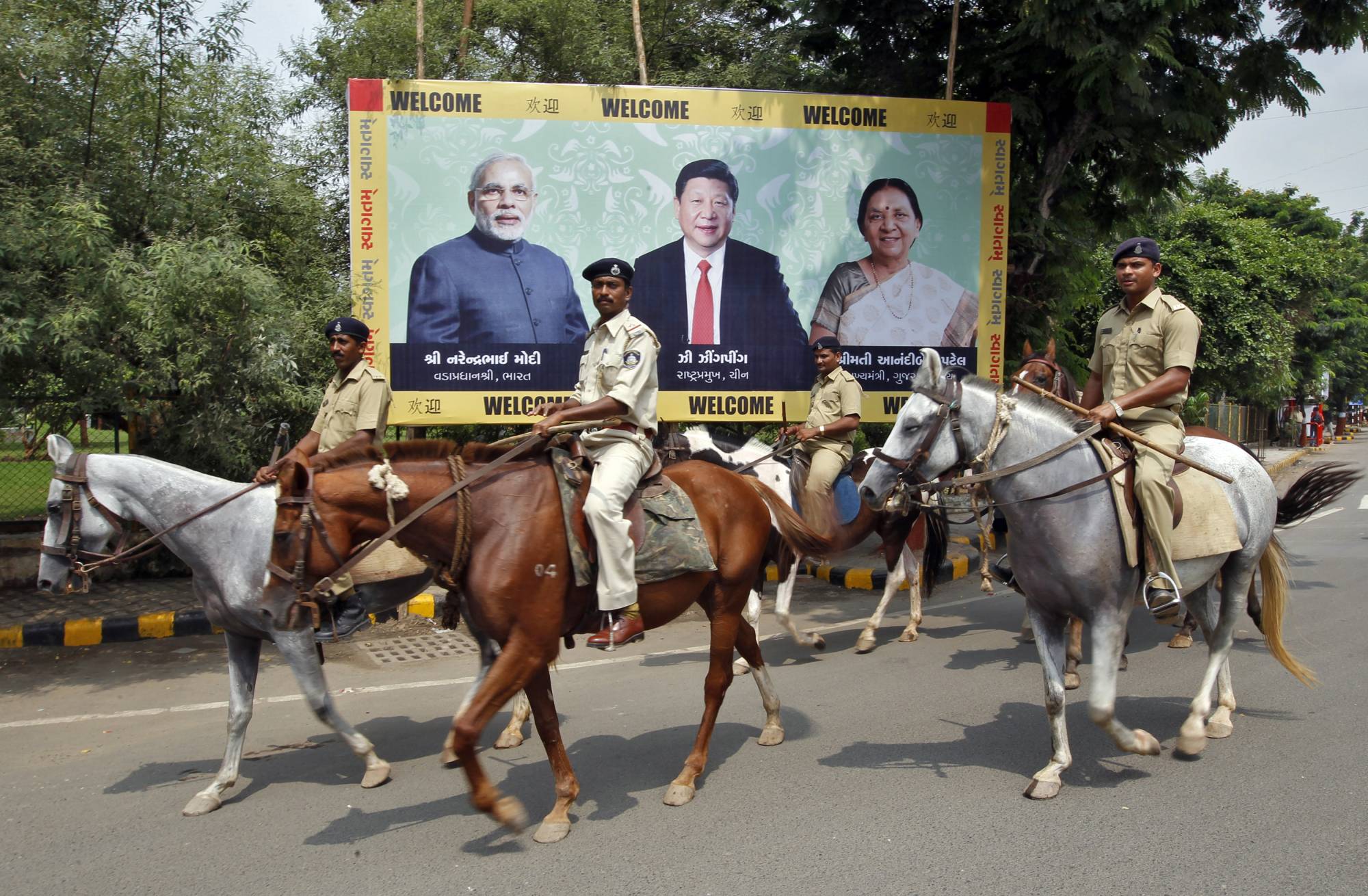India, having confronted Chinese border aggression over the past 22 months, has taken a restrained stance on the Russian invasion of Ukraine, underscoring its focus on countering Beijing’s military actions without affecting its close relationships with the United States and Russia. The new U.S.-Russia Cold War, however, promises to compound India’s strategic challenges.
India is the only member of “the Quad” to refrain from openly condemning Russia for invading a sovereign country. In fact, like its archnemesis China, India abstained from the Feb. 25 vote at the United Nations Security Council on a U.S.-sponsored resolution deploring the Russian invasion as a violation of the U.N. Charter. India, however, has implicitly criticized Russia’s abandonment of the path of diplomacy and called for an end to all violence.
Unlike Japan and Australia, which are under the U.S. security (and nuclear) umbrella, India has to deal with China on its own, as the current Himalayan border conflict has highlighted. And while China poses a pressing military challenge for India along a more than 4,000-kilometer-long land frontier, the U.S. has never considered a land war against China and its primary objective is nonmilitary — to counter China’s geopolitical, economic and ideological challenges to its global preeminence.


















With your current subscription plan you can comment on stories. However, before writing your first comment, please create a display name in the Profile section of your subscriber account page.